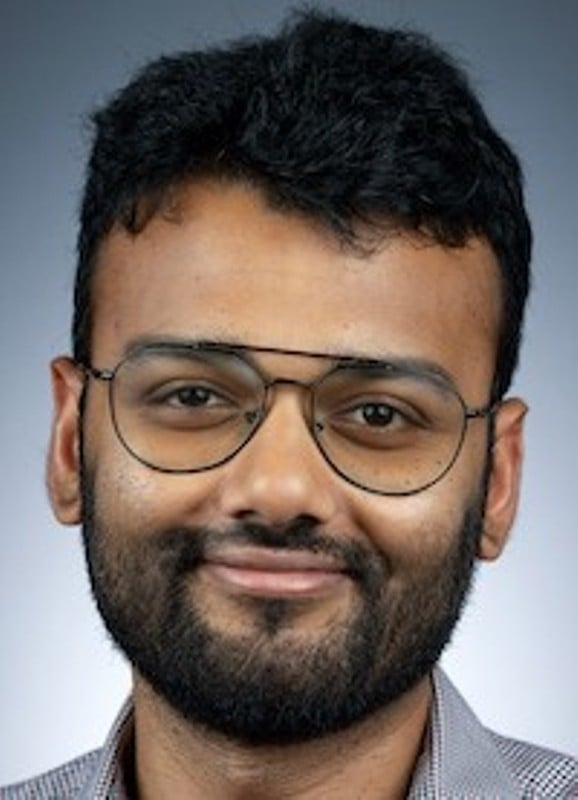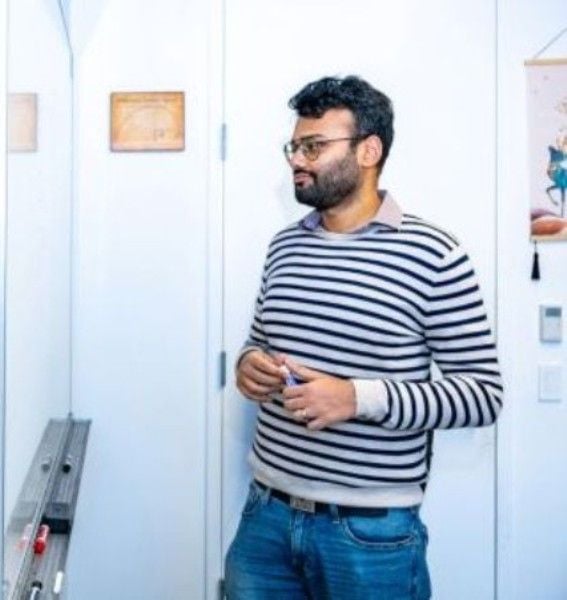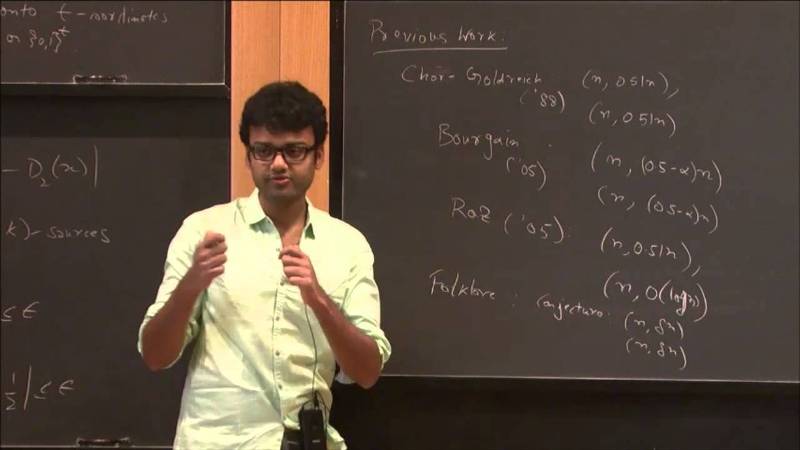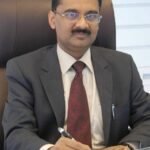Eshan Chattopadhyay Height, Age, Family, Biography
Quick Info→
Marital Status: Married
Age: 36 Years
Hometown: Ithaca, New York, United States
| Bio/Wiki | |
|---|---|
| Profession | Associate Professor |
| Physical Stats | |
| Height (approx.) | 5' 5" (165 cm) |
| Eye Colour | Black |
| Hair Colour | Black |
| Career | |
| Awards | 2021: NSF Computer and Information Science and Engineering Research Initiation Initiative Award 2023: Sloan Research Fellowship 2024: National Academy of Sciences Held prize 2025: The Godel Prize for his Research Paper |
| Personal Life | |
| Date of Birth | Year, 1989 |
| Age (as of 2025) | 36 Years |
| Nationality | Indian |
| Hometown | Ithaca, New York, United States |
| College/University | • Indian Institute of Technology, Kanpur • The University of Texas, Austin |
| Educational Qualification | • Bachelor's of Technology Degree in Computer Science from Indian Institute of Technology, Kanpur • Doctor of Philosophy in Computer Science from The University of Texas, Austin |
| Religion | Hinduism |
| Social Media | • Instagram |
| Relationships & More | |
| Marital Status | Married |
| Family | |
| Wife/Spouse |  |
| Children | Daughter-1 |
Some Lesser Known Facts About Eshan Chattopadhyay
- In September 2016, he worked as a postdoctoral researcher at the Institute of Advanced Studies, Princeton. He worked there for 4 months.
- In January 2017, he joined University of California, Berkeley as a postdoctoral researcher for 5 months.
- In June 2017, he worked as a Consulting Researcher at Microsoft office in Greater Bengaluru Area, for 3 months, where he did research in theoretical computer science and cryptography.
- In September 2017, he joined the Institute of Advanced Studies, Princeton as a postdoctoral researcher.
- As of 2025, he works at Cornell University as an Associate Professor. He joined this university in 2018 as an assistant professor. His work focuses on pseudo randomness, extractors, and computational complexity, areas that support modern data security and efficient computation.
- In 2025, he won the Gödel Award in Theoretical Computer Science. He received this prestigious award for solving his groundbreaking solution to a decades-old problem in randomness extraction that puzzled researchers for almost 30 years.











